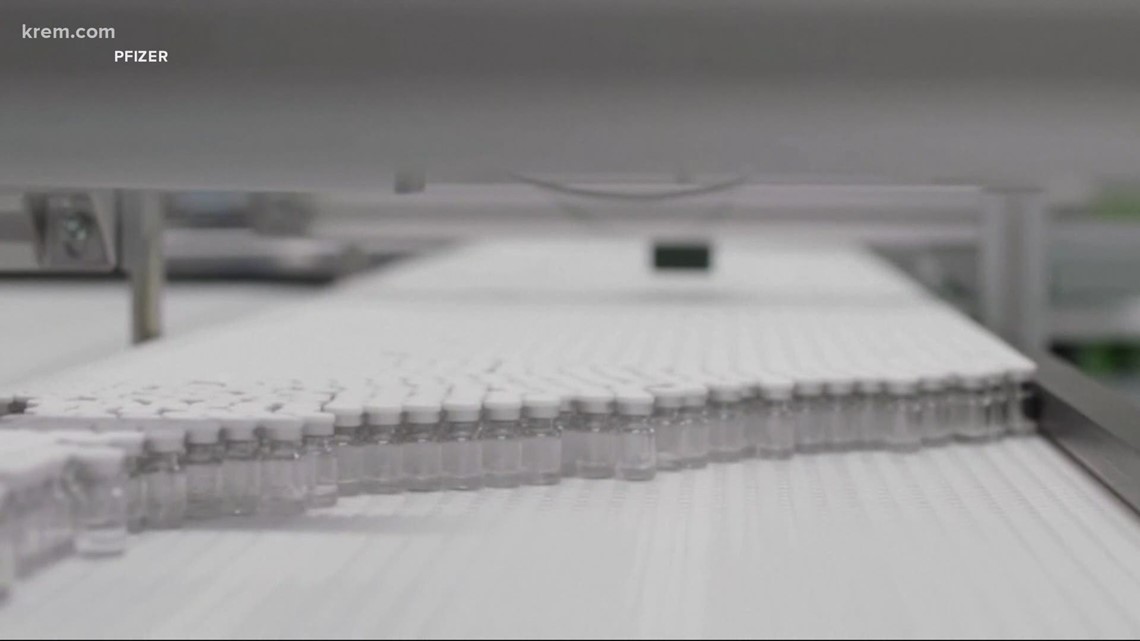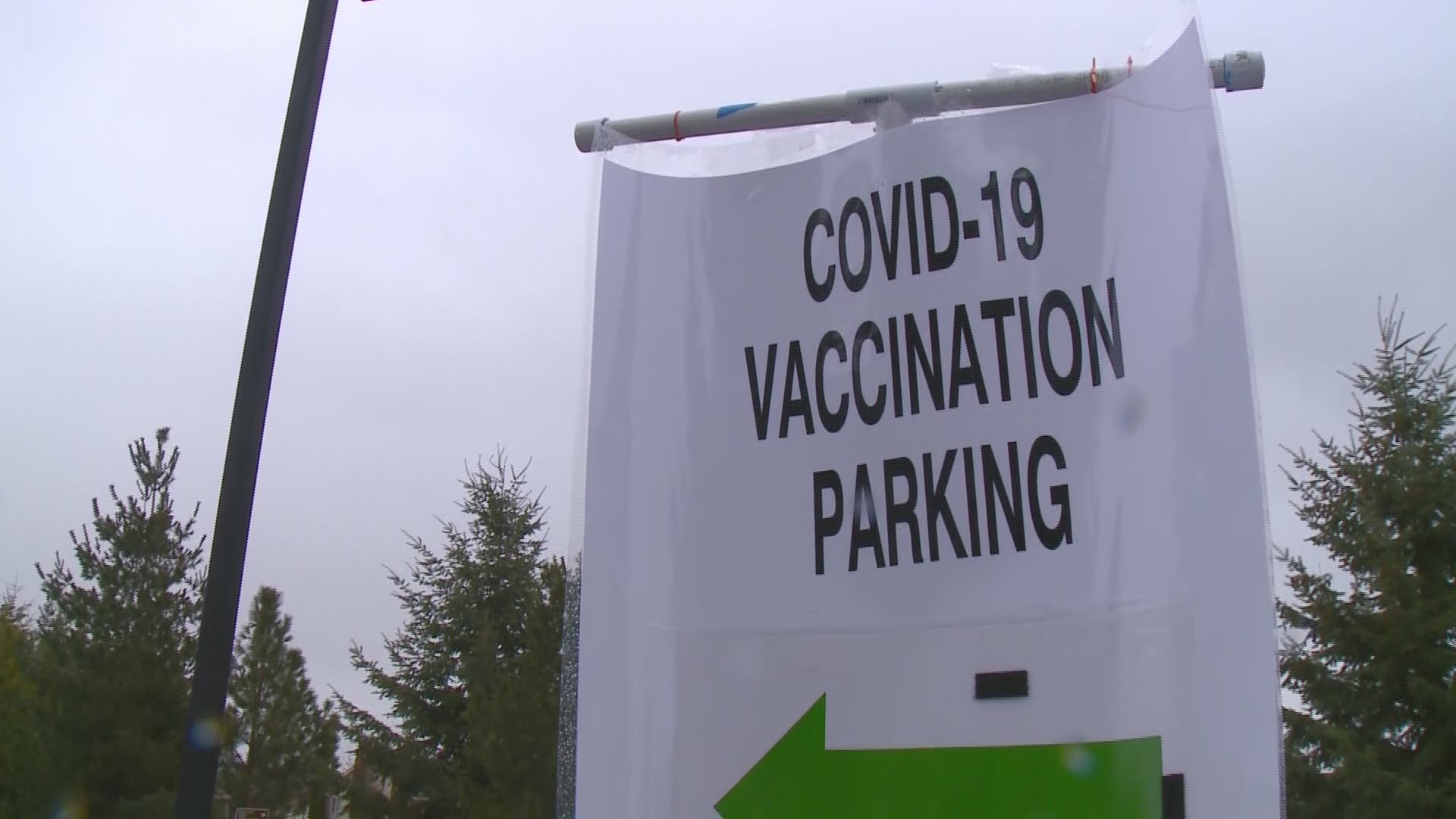KOOTENAI COUNTY, Idaho — The Idaho Department of Health and Welfare is welcoming a new group to center stage of their COVID-19 vaccine distribution. Residents aged 65 and older will be able to sign up for appointments Monday, Feb. 1.
After a record breaking week administering over 25,000 doses to first responders, teachers, and child care staff, Governor Brad Little announced the group moved up in the priority.
"For 260,000 Idahoans age 65 years of age and older that aren't living in long-term care facilities, they will be eligible for the vaccine on Monday," DHW Administrator for Public Health Elke Shaw-Tulloch said during a press briefing on Tuesday.
Shaw-Tulloch acknowledged that this is an ambitious task, especially as Idaho only receives about 21,000 doses a week. That means if everyone who is eligible for the vaccine wants it, some may have to wait until May to finally get it.
The Panhandle Health District will only get a certain amount of vaccines a week, so they say depending on supply, a tiered approach may be needed.
"We are going to enhance our state websites to clearly explain who is eligible for vaccines and connect the local people to the local public health districts websites and call centers," DHW director Dave Jeppesen said. "That is where individuals can find appointments with vaccine clinics in your area."
On Monday, Feb. 1, individuals eligible for the vaccine will be able to find appointments with clinics in their area from the state website. Jeppesen said the updated site with be launching that morning.
Until then, people will not be able to see the option to book.


In fact, as of January 27, the PHD COVID-19 vaccine line gives people a message saying there are no appointments available and that they're working to open additional vaccine clinics.
Health professionals add that they are trying to be as fair as possible in regards to vaccine distribution. They are evaluating each health district's population numbers, how many providers they have and how many vaccines are being ordered.
When asked how the state will work with individuals who don't have access to WiFi, DHW's Sarah Leeds said they have a task force designated to working on communication.
"[Trying] non traditional communication methods, so trying to get the word out for churches and faith-based organizations," Leeds said. "Of course, we are relying heavily on technology, but we do know and are working to ensure that there are ways that hard to reach populations understand where they can get their vaccination and how to sign up and how to get an appointment."
She added they are learning as they are going, as this process is new for everyone.
"We're hopeful that we'll see an increase in vaccine available to us by late February or March," Shaw-Tulloch said. "So, if any additional types of vaccines are authorized, it will allow us the opportunity to vaccinate more people in at one time."
Individuals in the 65+ group who don't have access to technology can contact their health district, local pharmacy, or primary care clinician to learn more or schedule an appointment.
Almost 100,000 residents have been administered the vaccine so far.

